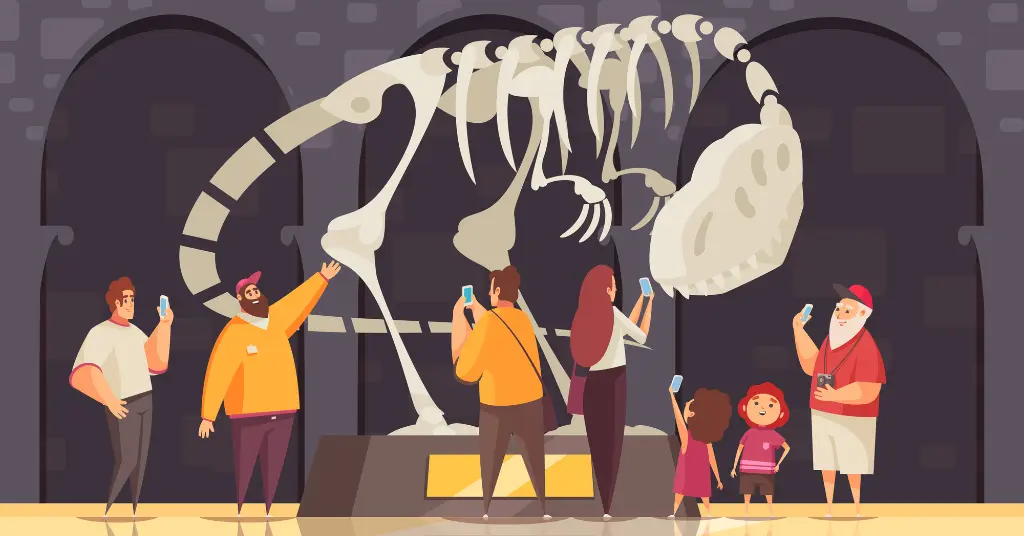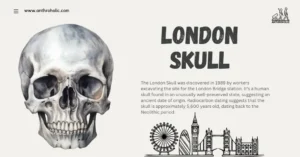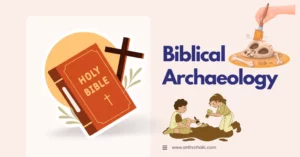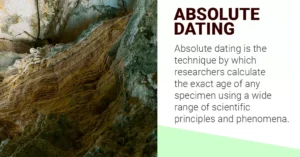AI Answer Evaluation Platform Live Now. Try Free Answer Evaluation Now
Museum Studies
Museum studies is an interdisciplinary study that focuses on the theory, practice, and management of museums and other cultural institutions. It includes a number of topics, including history, art history, anthropology, archaeology, education, and management.

Museum studies is concerned with the processes through which museums acquire, interpret, and present artifacts and other types of cultural material. It also involves the purpose of museums in society, including their educational and social purposes, as well as their cooperation with other communities. Some notable areas of expertise in museum studies include:
- Museum management: This involves the administration and operation of museums, including budgeting, staffing, strategic planning, and fundraising.
- Curatorial practice: This involves the creation and implementation of displays, including research, object selection, interpretation, and presentation.
- Education and outreach: This focuses on the educational and community engagement functions of museums, including school programs, public lectures, and special events. Conservation and preservation: This involves the protection and preservation of cultural heritage, including the formulation of conservation policies, preservation methods, and preventative actions.
- Cultural heritage policy: This analyzes the legal and ethical frameworks that control the ownership, acquisition, and display of cultural assets. Generally, museum studies is a dynamic and developing subject that strives to stimulate the investigation and preservation of cultural material while also promoting increased public involvement with museums and other cultural organizations.
Museum studies methodology
Museum studies methodology refers to the strategies and processes used to analyze and appraise museums and other cultural institutions. It comprises a multiplicity of research approaches and processes, including qualitative and quantitative research, ethnographic fieldwork, archival research, and case study analysis.
Some common approaches used in museum research include
Object analysis: This involves the careful inquiry and assessment of museum items, including their physical attributes, cultural and historical background, and interpretive relevance. Audience research: This comprises the study of museum visitors and their experiences, including their intentions, expectations, and learning outcomes.
Ethnographic research: This involves the researcher’s immersion in the museum setting to investigate and document the everyday activities and routines of museum personnel and visitors. Case study analysis: This comprises the in-depth evaluation of a single museum or exhibition, including its history, organizational structure, interpretive strategies, and effect on its audiences.
Participatory research: This involves working with museum stakeholders, such as community members, museum workers, and tourists, to co-create knowledge and understanding about the museum and its contents.
Historical research: This encompasses the analysis of archival materials, such as museum records, images, and other documents, to understand the history and development of the museum and its collections.
Museum studies in India
Museum studies is a burgeoning topic in India, with a rising number of universities and organizations awarding degrees and programs in the discipline. Among the notable institutions offering museum studies programs in India are the National Museum Institute in New Delhi, the Tata Institute of Social Sciences in Mumbai, and the Indian Institute of Technology in Kanpur.
In India, museum studies is widely viewed as an interdisciplinary study that incorporates components of history, art history, anthropology, and cultural studies. Some of the key themes of interest in museum studies in India include the study of Indian art and material culture, the history and development of museums in India, and the role of museums in conserving and promoting India’s cultural inheritance.
There is also a rising interest in the social and educational functions of museums in India, notably their potential to promote social inclusion, community participation, and cultural exchange.
As such, many museum studies programs in India incorporate components of museum education, audience research, and community participation. In addition to academic programs, there are also a number of museums and cultural institutions in India that offer internships and other chances for practical experience in the field.
These include the National Museum in New Delhi, the Chhatrapati Shivaji Maharaj Vastu Sangrahalaya in Mumbai, and the Indian Museum in Kolkata. Overall, museum studies in India is a thriving and expanding subject that embodies the rich cultural history and different socioeconomic situations of the country. It gives exciting choices for study, practice, and innovation in the museum sector and a prospective career track for people interested in safeguarding and promoting India’s cultural heritage.




